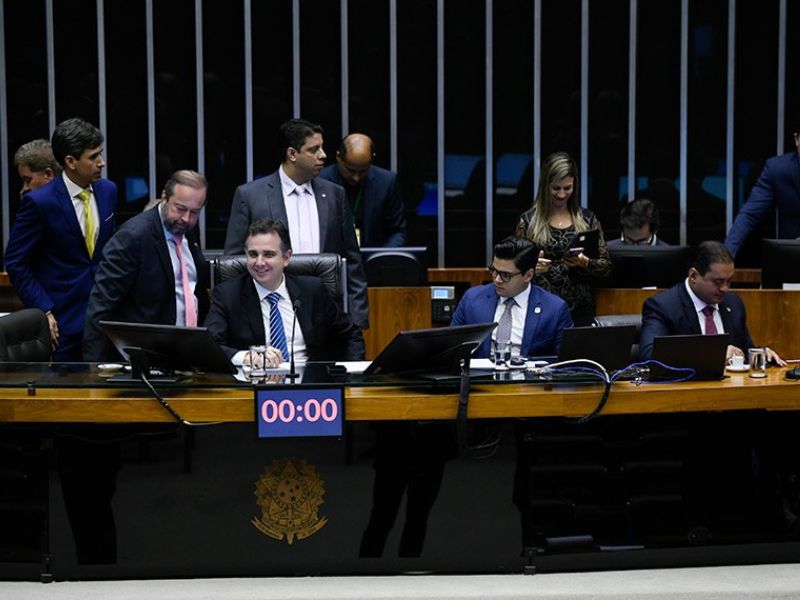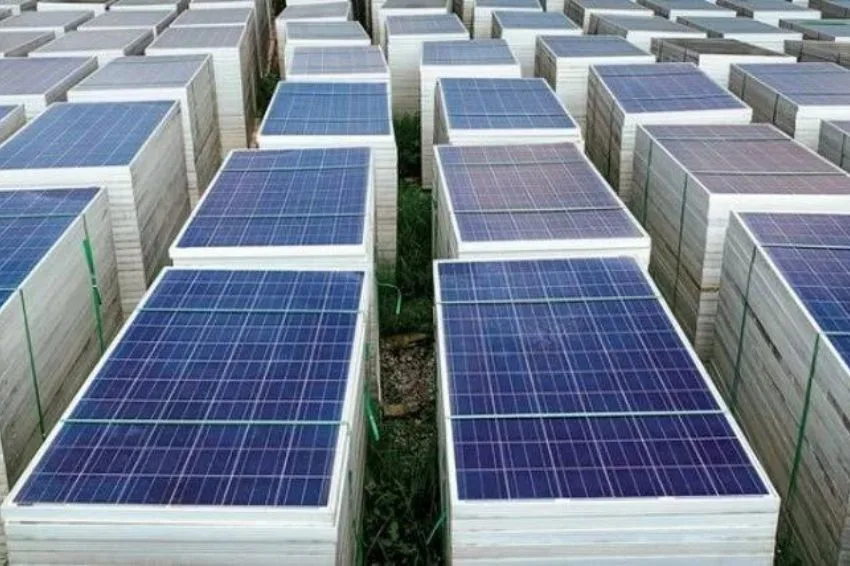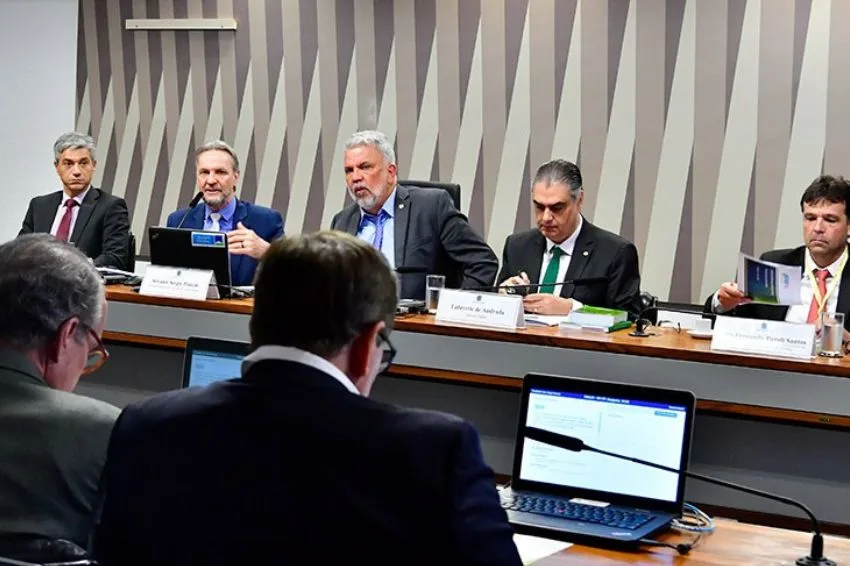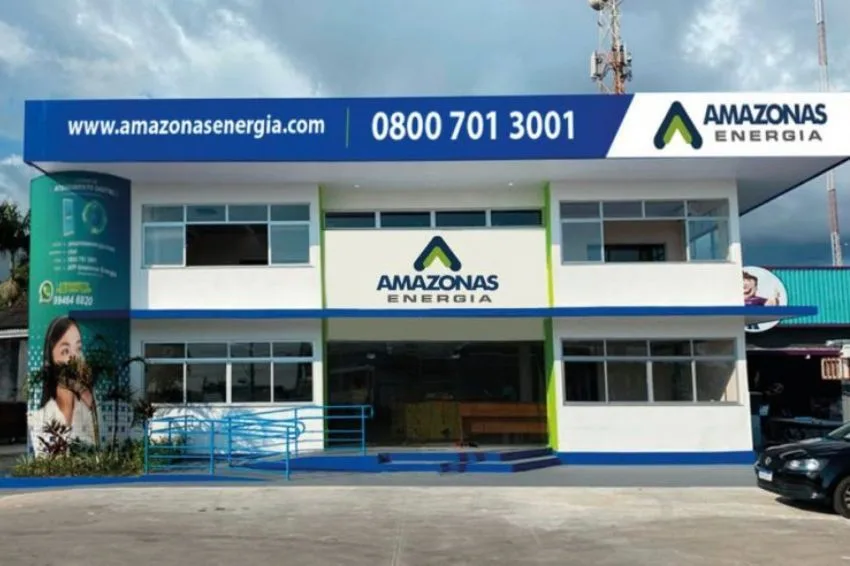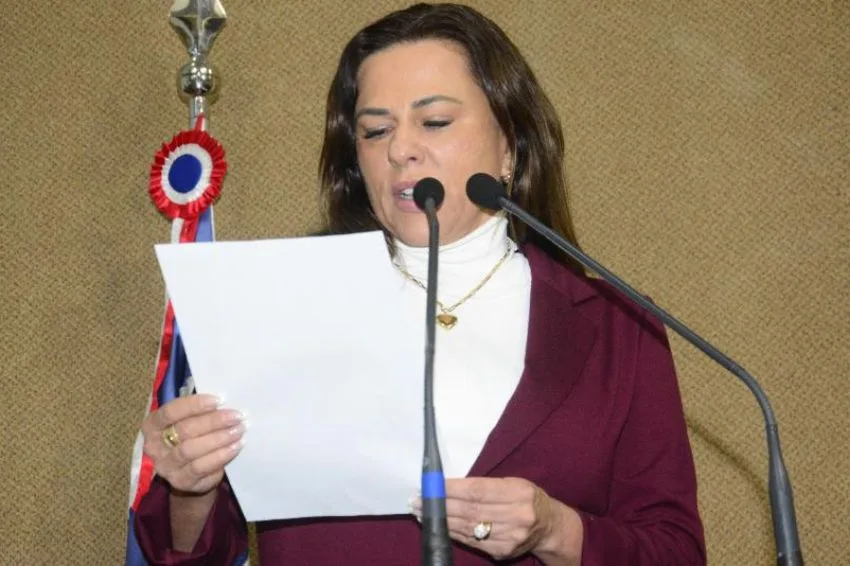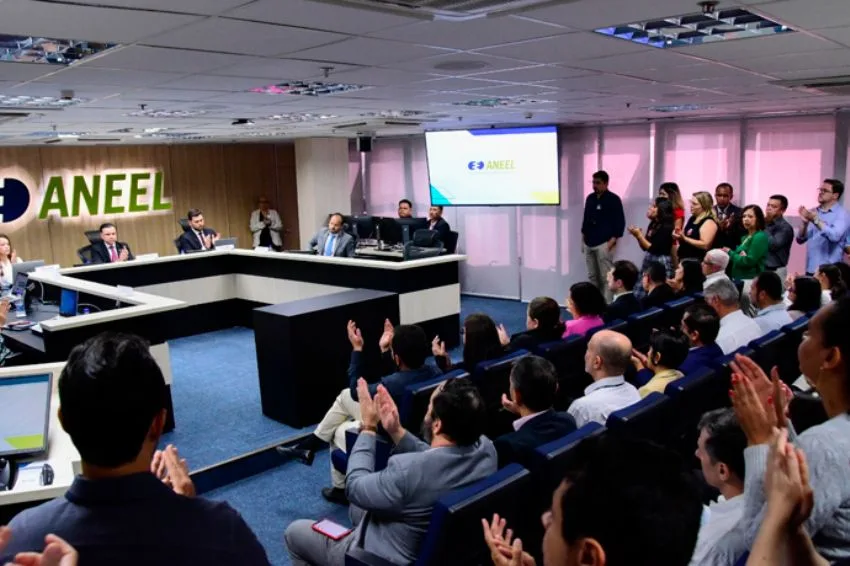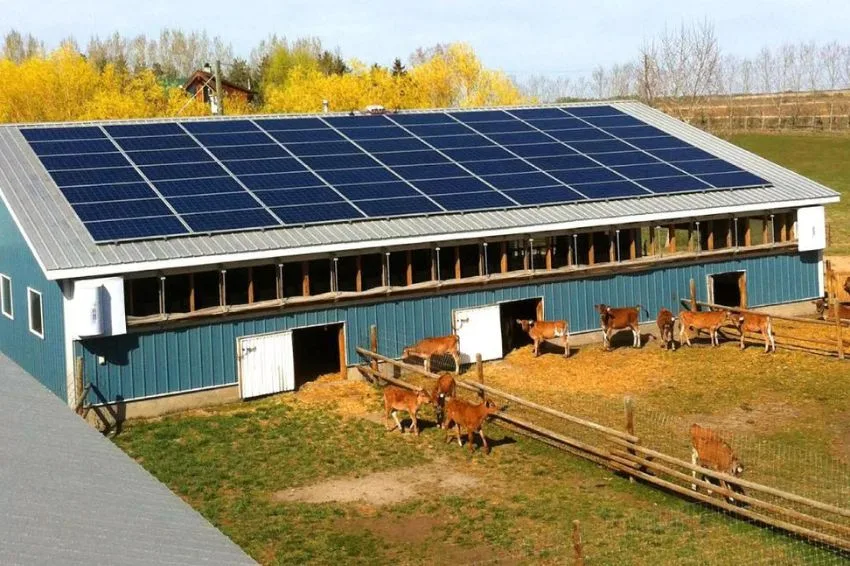O federal Senate entered into recess period, this Friday (23), without voting PL 2703/22 – which provides for the extension of the deadline for entry of the new energy compensation rules defined in the Law 14,300.
Therefore, as already anticipated and reported by Solar Channel, to the new rules for micro and mini generators renewable energy will come into effect now officially from January 7, 2023.
Backstage, associations and entities of the solar energy sector already began to mobilize to try to find solutions that benefit consumers Brazilians.
O MSL (Free Solar Motion), for example, met with PT representatives (Workers' Party) in expectation of being able to postpone the deadline for entry of the new rules from February 2023, either by voting on Law 2703 in the Senate itself or by creating another text.
“The discussions will return in February, when the senators return to work. This Wednesday morning, we had a long meeting with integrators to highlight all the work we have done over the last few days”, commented Hewerton Martins, founding president of MSL.
When does the “sun tax” come into effect?
Regardless of any question, the only point that is already known is that the consumer who wants to install solar energy within current rules DG compensation (distributed generation) need to file the Access Request of the project with the energy concessionaire until January 6th.
Projects with Access Request filed after January 6, 2023 will fall within the new rules, with the so-called “taxation”.
What if the PL is approved after the parliamentary recess?
According to lawyers linked to the energy sector, heard by Solar Channel, if PL 2703 is voted on in the Senate after parliamentarians return from recess (i.e., from February, March, April, etc.) situations need to be responded to.
Pedro Dante, specialist in energy and infrastructure at Lefosse Advogados., explains that if the text is approved there will be a divergence in law, which involves knowing when the six months of postponement of the new rules provided for in Law 14,300 will actually be valid.
In other words, whether it will be between January 7th and July 7th or whether it will only include consumers with an access opinion issued six months after Senate approval, with presidential sanction.
“In addition to approving PL 2703, they (senators) will have to clarify this issue of retroactivity to avoid this gap. That’s what makes the most sense,” he said.
For Einar Tribuci, founding partner of Tribuci Advogados and legal director of ABGD (Brazilian Association of Distributed Generation), if the project is approved it is almost certainly will include the addition of an amendment, for example, answering this question.
“I think there is a gray area for the access opinions that are issued (if there is no specification in the law),” he said.


